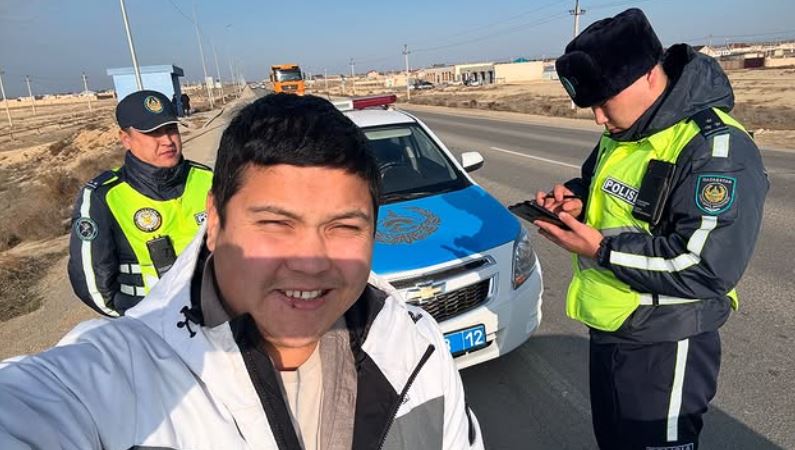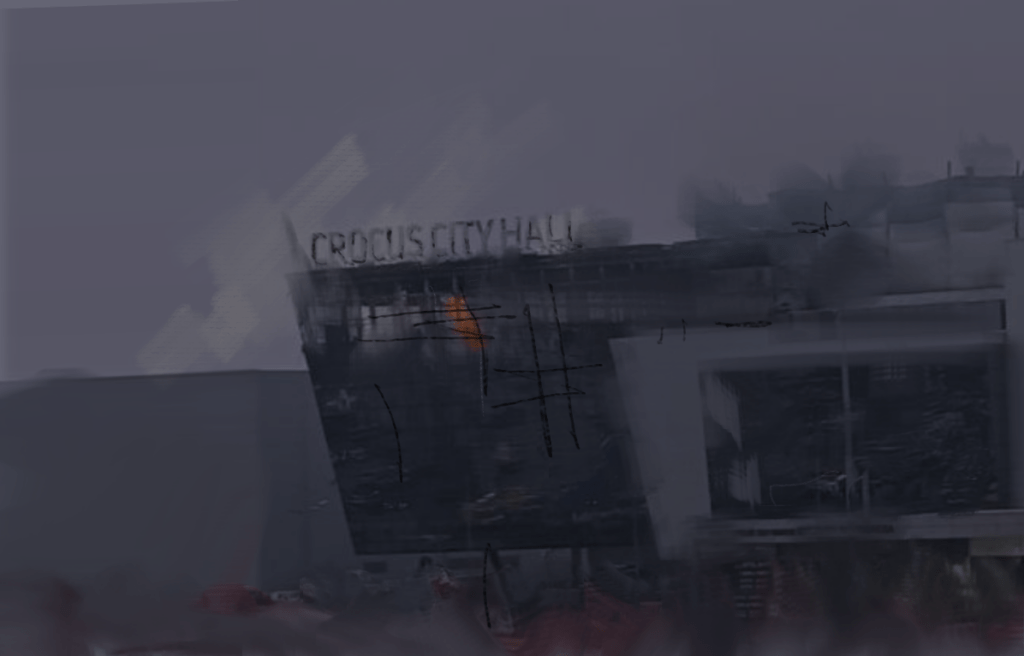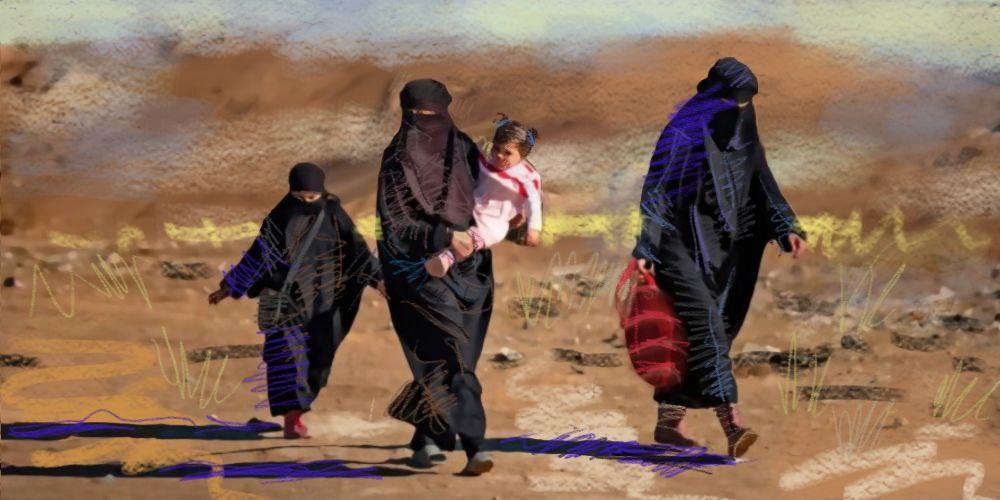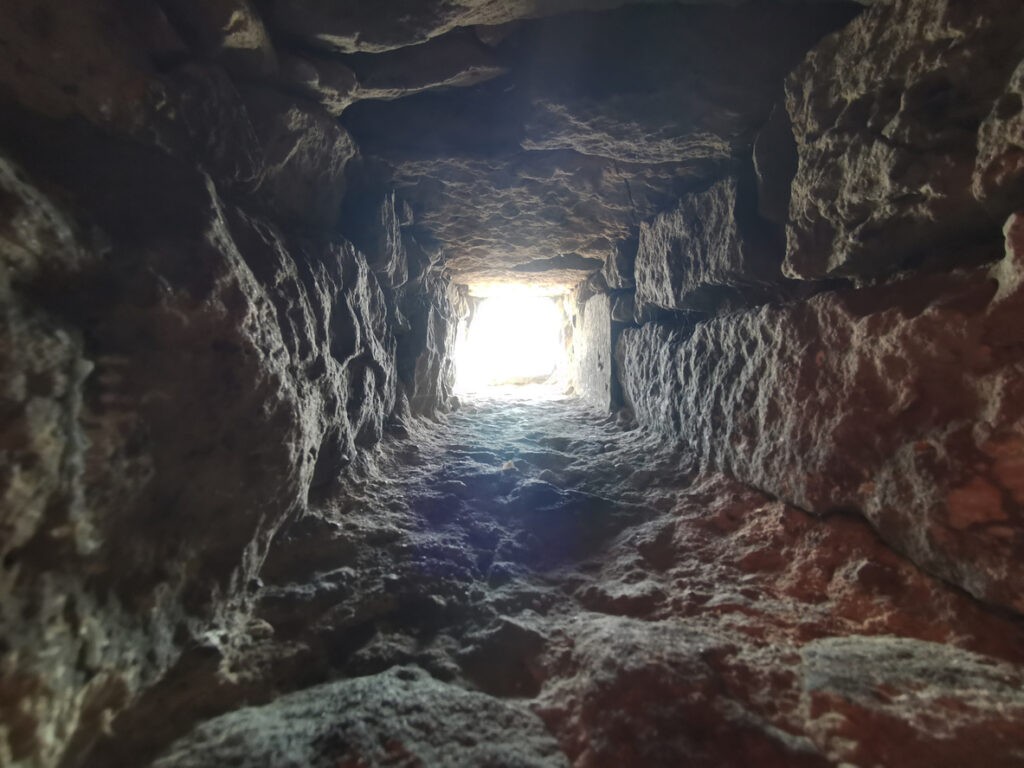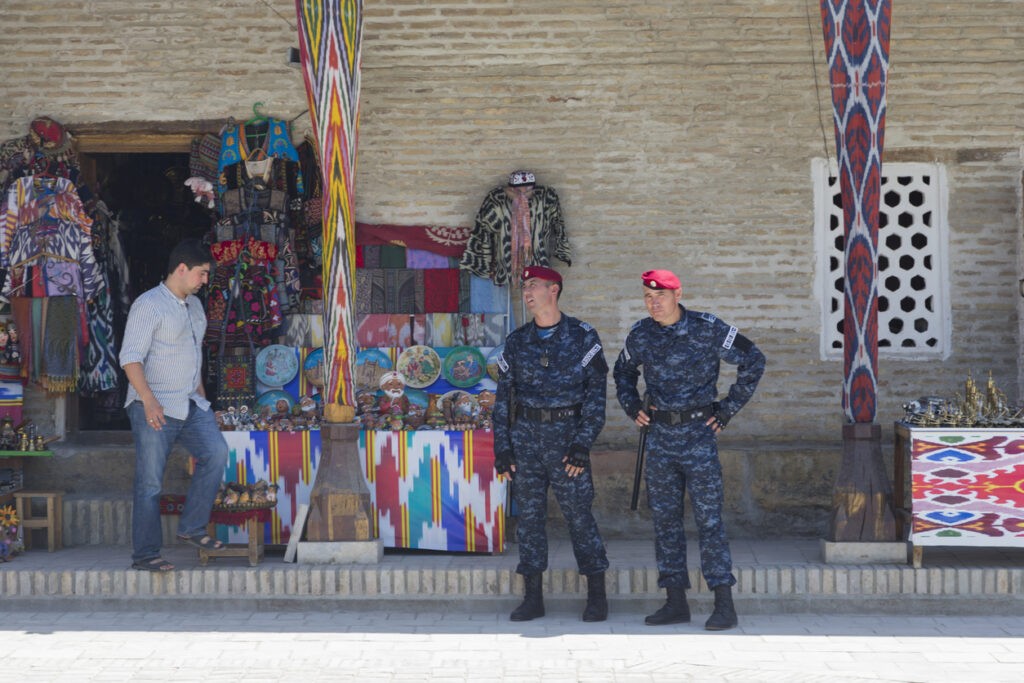Kazakh Blogger, Jailed After Filming at Azerbaijan Airlines Crash Site, is Freed
A Kazakh blogger, who was sentenced to 10 days in prison after using a drone to film wreckage, emergency responders and bodies covered with tarps at the site of the Azerbaijan Airlines passenger plane crash in Kazakhstan, has been released. Azamat Sarsenbayev was convicted of disobeying a police order not to film and photograph at the Dec. 25 crash in a quickly held, late-night trial in a court in Fort-Shevchenko, more than 100 kilometers from Aktau, the Caspian Sea city where the plane hit the ground and burst into flames, killing 38 of the 67 people on board. He had disputed the charge, arguing that there were procedural violations and that, by law, he should have received a fine instead of a prison sentence. [caption id="attachment_27275" align="aligncenter" width="766"] Footage from the crash site; Azamat Sarsenbayev[/caption] The prosecution of Sarsenbayev partly shows the tension between periodic government efforts to monitor and restrict information, not just in Kazakhstan but also in other Central Asian countries, and the efforts of some bloggers, journalists and others to widen the scope for reporting, often at risk of prosecution and jail time. Regional governments sometimes warn of the threat of provocateurs spreading disinformation, though Sarsenbayev’s actions on the day of the crash appeared to be more in line with reporting the facts of a major international disaster. Drones enhance the reporting ability of some journalists, though there can be accompanying ethical, legal and security concerns about their use. The Embraer 190 plane crash is particularly sensitive because it involves criminal investigators and a delicate international backdrop. Azerbaijan says Russian ground fire hit the plane as it was trying to land at its planned destination in Russia-controlled Chechnya. Russia has apologized without directly confirming the Azerbaijani account. Kazakhstan is leading the investigation and preliminary findings are expected to be released later in January. On social media posts this weekend, Sarsenbayev provided details about his testimony to the judge during his trial, saying he had received calls from international news organizations and other outlets asking for help in covering the crash. He said he reached the scene at around 11 a.m. and deployed his drone about one kilometer away, without having any contact with police, and then approached a cordoned-off area to interview a representative from the Ministry of Emergency Situations who was giving official comments. Sarsenbayev said he told the judge that the media organizations that had contacted him did so “for paid collaboration to capture authentic, exclusive materials for their platforms” and that he had not taken any “explicit” images of crash victims, since their bodies were covered. “If there had been even the slightest hint of a breach of ´ethics´ or ´moral norms´ in my photographs, platforms like Instagram would have automatically blocked my posts, let alone news outlets that published my images. In that case, should we hold everyone accountable for photographing or filming incidents like car accidents or other similar events?” Sarsenbayev said he told the judge. President Kassym-Jomart Tokayev has promised more...
